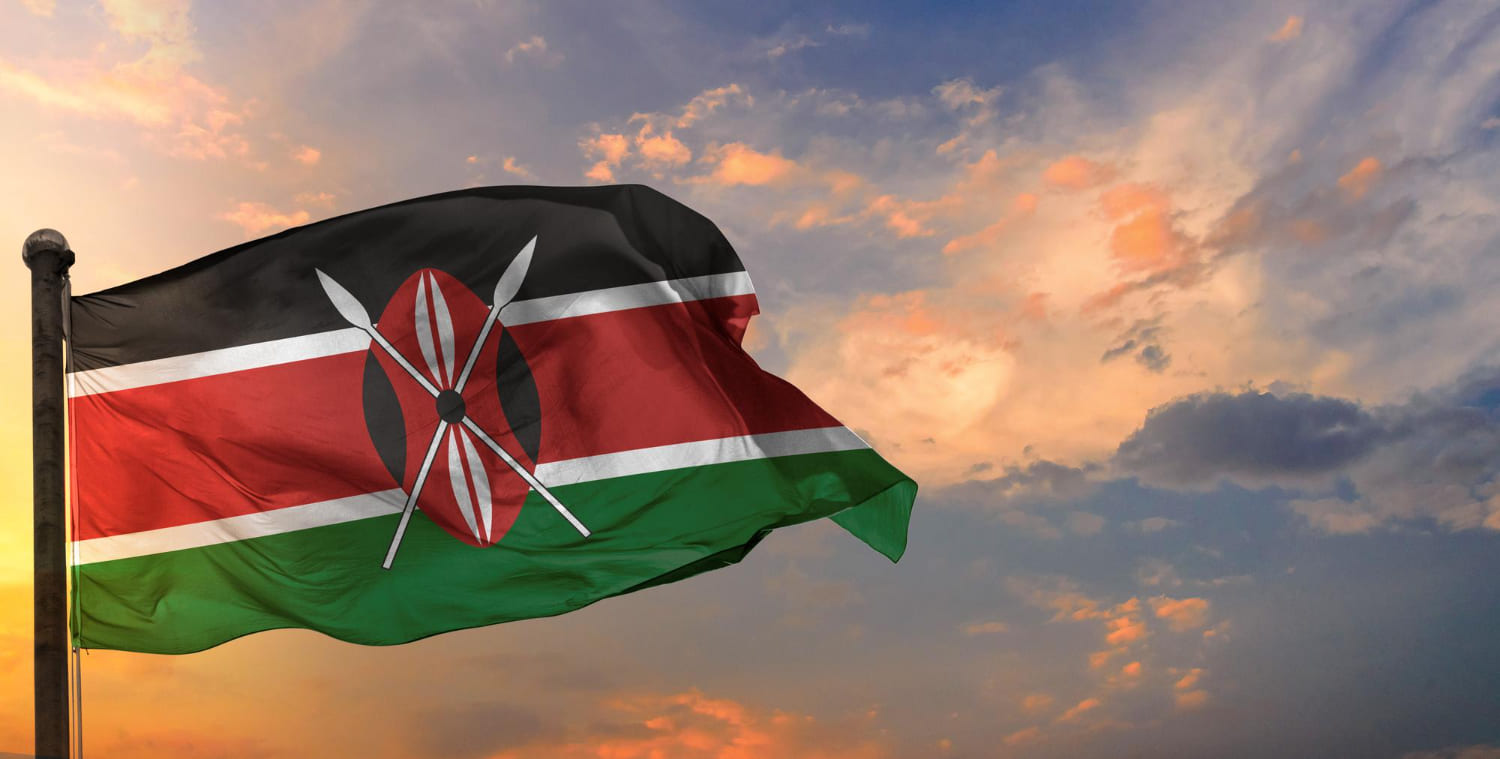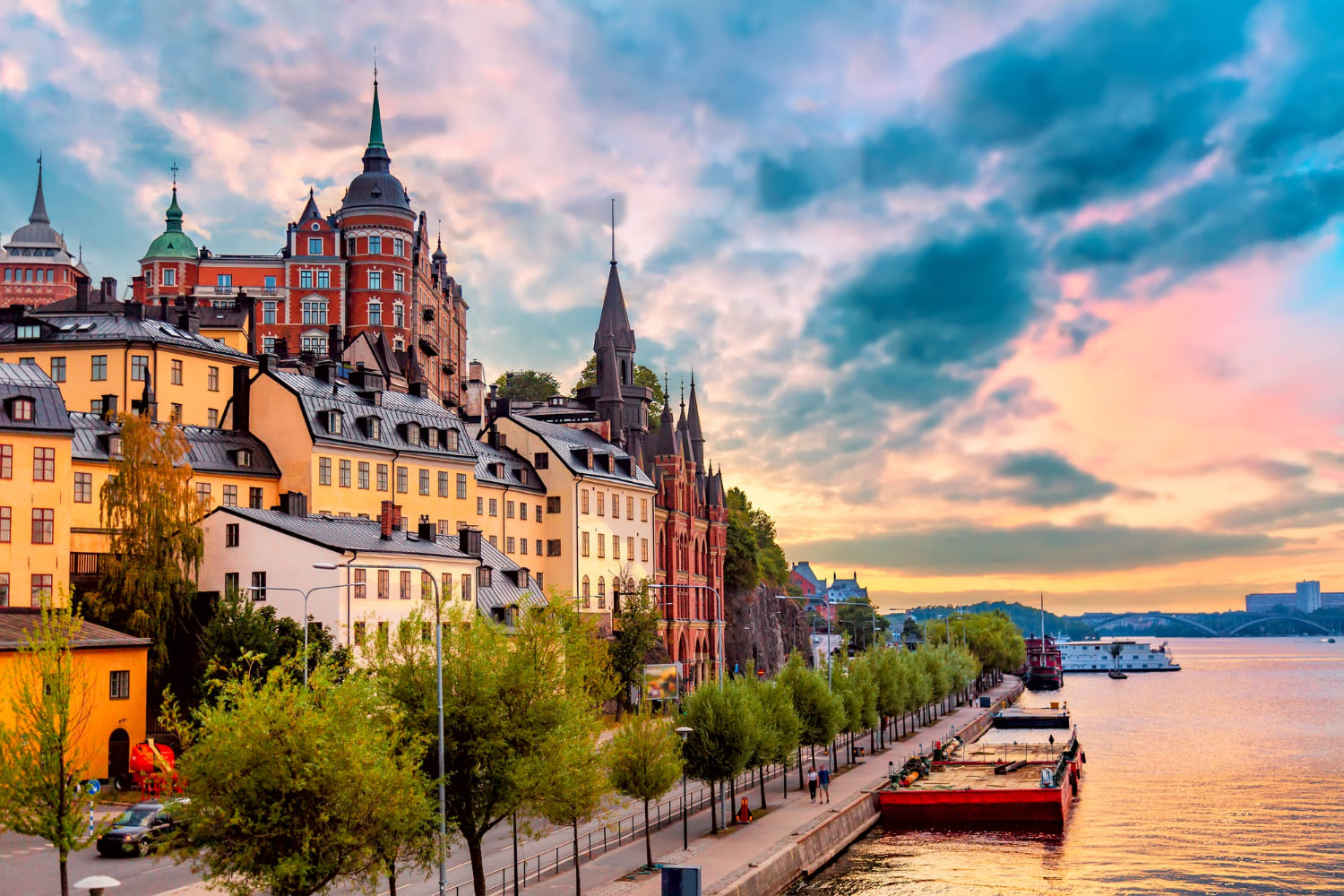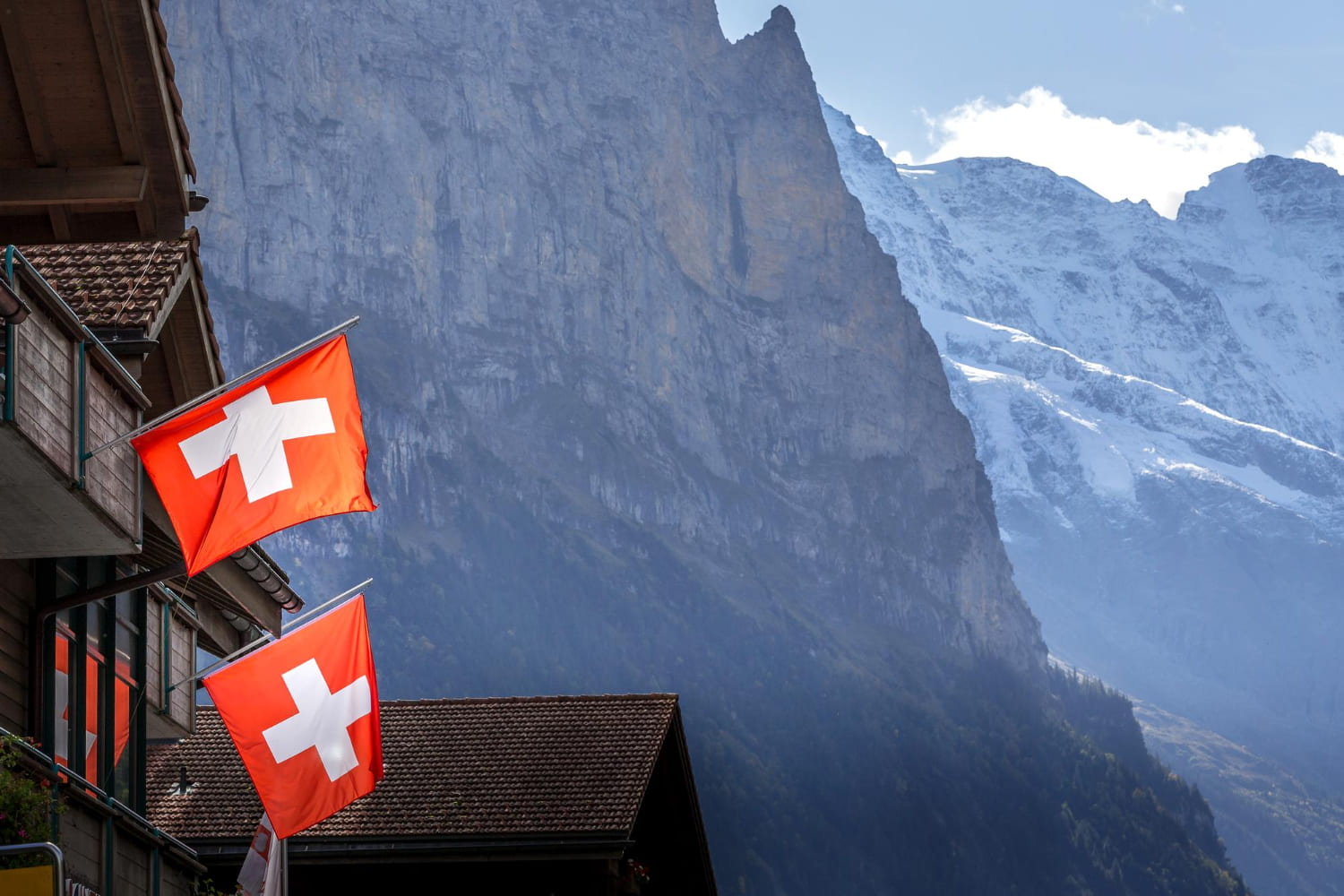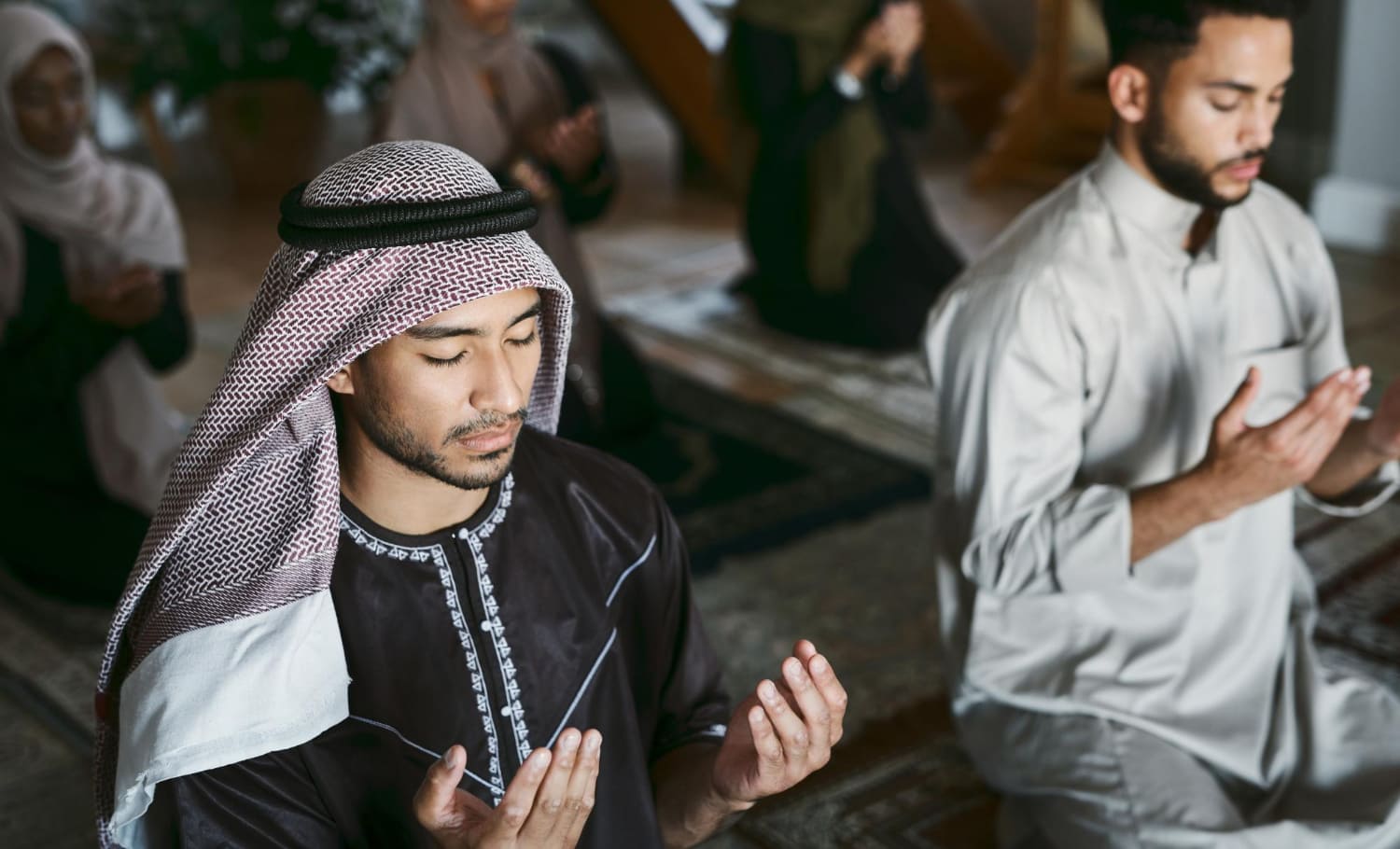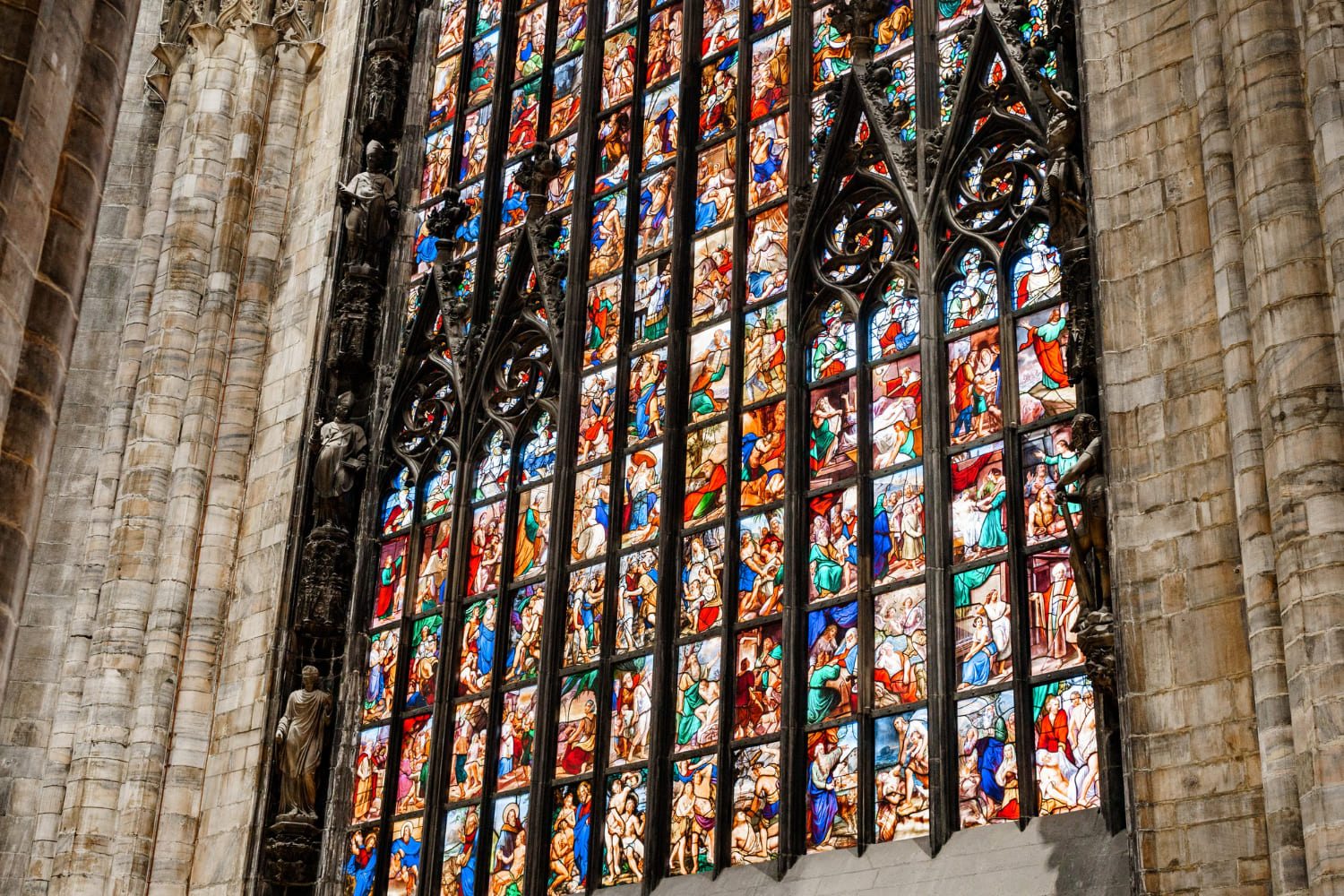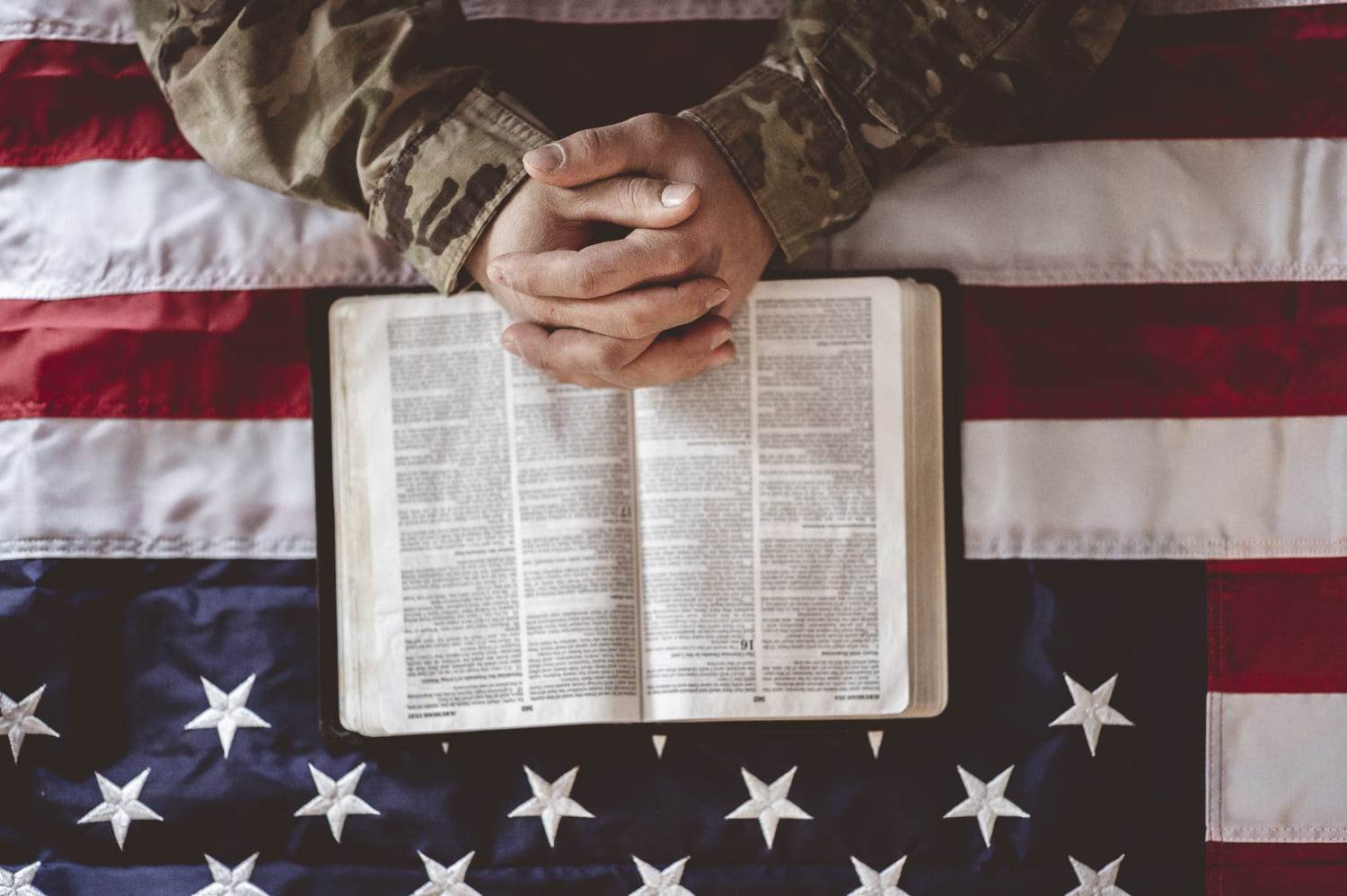Zambia is a landlocked country located in Southern Africa. It is home to a diverse population with various ethnicities, languages, and religions.
Religion plays a significant role in the lives of Zambians, and the country has a rich history of religious diversity.

According to recent statistics, the majority of the population in Zambia is Christian, with Protestantism being the most widely practiced denomination.
Other Christian denominations, such as Roman Catholicism, are also prevalent.
Additionally, a small percentage of the population practices Islam and other religions, including African traditional religions.
Despite this religious diversity, Zambia is known for its religious tolerance and peaceful coexistence among different faiths.
- Overview of Religions in Zambia
- Major Religions
- Indigenous Beliefs and Practices
- Demographic Distribution
- Christianity Dominance
- Islam and Hinduism Presence
- Other Religious Affiliations
- Influence of Religion on Society
- Religion in Politics and Governance
- Social Services and Religion
- Interfaith Relations and Dialogue
- Statistical Trends and Observations
- Religious Demographics Over Time
- Projections for the Future
Overview of Religions in Zambia

Zambia is a religiously diverse country, with Christianity being the dominant religion.
Approximately 95.5% of the population is Christian. Of these, 75.3% identify as Protestant, and 20.2% as Roman Catholic.
Major Religions
Christianity was introduced to Zambia by European missionaries, and it has since become the most widely practiced religion.
The Protestant Church is the largest Christian denomination in the country, followed by the Roman Catholic Church.
Other Christian denominations include the Seventh-day Adventist Church, the New Apostolic Church, and the Jehovah’s Witnesses.
Islam is a minority religion in Zambia, with approximately 0.5% of the population identifying as Muslim.
The majority of Muslims in Zambia are Sunni, and there are also small communities of Shia and Ahmadiyya Muslims.
Indigenous Beliefs and Practices
Before the arrival of European missionaries, the various ethnic groups residing in the territory of modern-day Zambia practiced a variety of African traditional religions.
These religions are still practiced by some Zambians today, particularly those living in rural areas.
Adherence to Animism and Folk African Religions in Zambia is estimated at 3% of the population.
In African traditional religions, the belief system focuses on the spirits, a Creator, the dead, ancestors, sacred places, and magic among other faiths.
These religions are often characterized by the use of music, dance, and ritual.
In conclusion, Zambia is a religiously diverse country, with Christianity being the dominant religion.
Indigenous beliefs and practices are still followed by some Zambians today, particularly those living in rural areas.
Demographic Distribution
Christianity Dominance
Christianity is the dominant religion in Zambia, with an estimated 95.5% of the population identifying as Christian.
Of these, 75.3% identify as Protestant, and 20.2% as Roman Catholic.
Christianity was introduced to Zambia by European missionaries during the colonial era, and it has since become deeply ingrained in the country’s culture and society.
Islam and Hinduism Presence
Islam and Hinduism are also present in Zambia, but to a much lesser extent. According to the 2010 census, only 0.5% of Zambians identified as Muslim, and there were small numbers of Hindus and Buddhists.
However, these numbers may have increased in recent years due to immigration and conversion.
Other Religious Affiliations
Besides Christianity, Islam, and Hinduism, there are also other religious affiliations in Zambia. The 2010 census found that 2.2% of Zambians followed other religions, and 1.8% had no religion.
Some of the other religions practiced in Zambia include traditional African religions, the Baha’i Faith, and Judaism.
Overall, Zambia is a religiously diverse country, with Christianity being the dominant religion, followed by small numbers of Muslims, Hindus, and other religious affiliations.
Influence of Religion on Society
Religion in Politics and Governance
Religion plays a significant role in politics and governance in Zambia. Religious leaders are often consulted by political leaders on issues related to governance and human rights.
The report also notes that some religious leaders have been involved in political activities, and that political parties have been formed on religious lines.
Social Services and Religion
Religion also plays a significant role in the provision of social services in Zambia.
Churches and other religious organizations are involved in the provision of education, health care, and other social services.
The government has partnered with religious organizations to provide social services in some areas.
Interfaith Relations and Dialogue
Interfaith dialogue and relations are an important aspect of religious life in Zambia.
Zambia has a history of interfaith cooperation, and religious leaders have been involved in efforts to promote peace and reconciliation.
The government has been supportive of interfaith initiatives, and that there have been efforts to promote interfaith dialogue at the local and national levels.
In summary, religion plays a significant role in the political, social, and cultural life of Zambia.
Religious leaders are consulted on issues related to governance and human rights, and religious organizations are involved in the provision of social services.
Interfaith dialogue and relations are also an important aspect of religious life in Zambia.
Statistical Trends and Observations
Religious Demographics Over Time
The majority of Zambians identify as Christian, with Protestantism being the largest denomination at 75.3%, followed by Roman Catholicism at 20.2%. The remaining 4.5% of the population practice other religions or have no religious affiliation.
Over the past few decades, the proportion of Christians in Zambia has remained relatively stable.
The 2010 census found that 79.3% of the population identified as Christian, while the mid-year 2022 estimates put the figure at 95.5%.
This suggests that Christianity has continued to grow in Zambia, although the rate of growth has slowed down.
Projections for the Future
It is difficult to predict the future religious demographics of Zambia with certainty.
However, based on current trends, it is likely that Christianity will remain the dominant religion in the country for the foreseeable future.
The mid-year 2022 estimates suggest that the proportion of Christians in Zambia is likely to remain around 95.5%.
It is worth noting that there has been some growth in other religions in Zambia, particularly Islam.
While Muslims still make up a relatively small proportion of the population (0.5% according to the 2010 census), their numbers have been increasing in recent years.
If this trend continues, it is possible that Islam could become a more significant religion in Zambia in the future.
